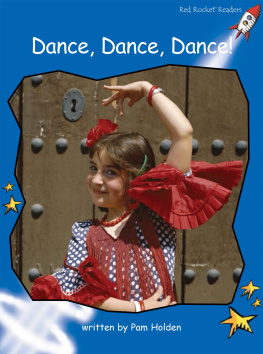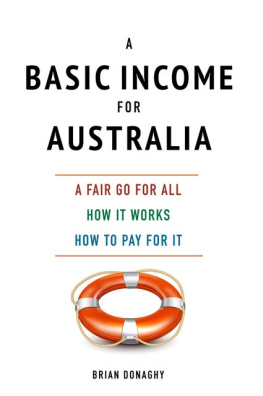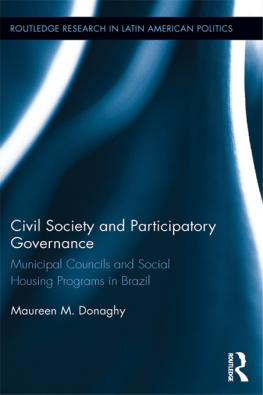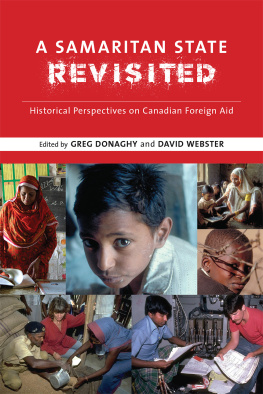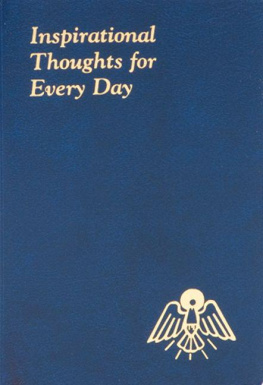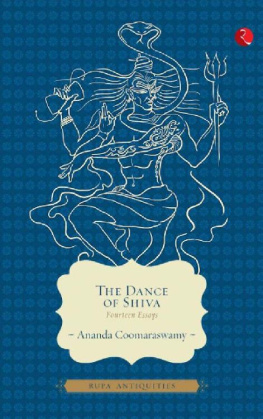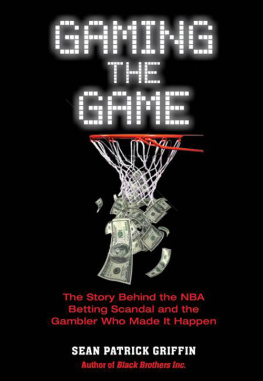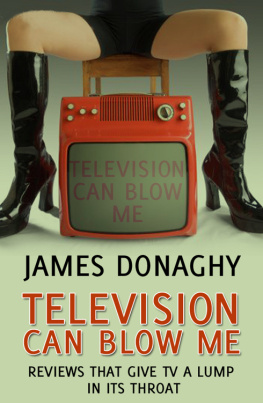Michael Donaghy - The Shape of the Dance: Essays, Interviews and Digressions
Here you can read online Michael Donaghy - The Shape of the Dance: Essays, Interviews and Digressions full text of the book (entire story) in english for free. Download pdf and epub, get meaning, cover and reviews about this ebook. year: 2009, publisher: Pan Macmillan, genre: Detective and thriller. Description of the work, (preface) as well as reviews are available. Best literature library LitArk.com created for fans of good reading and offers a wide selection of genres:
Romance novel
Science fiction
Adventure
Detective
Science
History
Home and family
Prose
Art
Politics
Computer
Non-fiction
Religion
Business
Children
Humor
Choose a favorite category and find really read worthwhile books. Enjoy immersion in the world of imagination, feel the emotions of the characters or learn something new for yourself, make an fascinating discovery.
- Book:The Shape of the Dance: Essays, Interviews and Digressions
- Author:
- Publisher:Pan Macmillan
- Genre:
- Year:2009
- Rating:3 / 5
- Favourites:Add to favourites
- Your mark:
- 60
- 1
- 2
- 3
- 4
- 5
The Shape of the Dance: Essays, Interviews and Digressions: summary, description and annotation
We offer to read an annotation, description, summary or preface (depends on what the author of the book "The Shape of the Dance: Essays, Interviews and Digressions" wrote himself). If you haven't found the necessary information about the book — write in the comments, we will try to find it.
The Shape of the Dance: Essays, Interviews and Digressions — read online for free the complete book (whole text) full work
Below is the text of the book, divided by pages. System saving the place of the last page read, allows you to conveniently read the book "The Shape of the Dance: Essays, Interviews and Digressions" online for free, without having to search again every time where you left off. Put a bookmark, and you can go to the page where you finished reading at any time.
Font size:
Interval:
Bookmark:
MICHAEL DONAGHY
OF THE DANCE
Essays, Interviews and Digressions
Edited by Adam ORiordan and Maddy Paxman
PICADOR
Introduction
The Donaghy Negotiation
Michael Donaghys death at fifty was a cruel blow but he had already done enough as a writer of poetry to establish himself firmly among recent poets who matter. His achievement as a writer about poetry, however, is still in the process of being assessed and absorbed. The first and best thing to say about his critical writing, I think, is that it was necessary, even when that fact was not yet generally realized. If we can see now why his views on poetry were so vital, it is because they help us to recognize what was missing. Nobody else in his generation had such a generous yet discriminating scope. It is still the kind of scope we need, but now we have his example. He called true poetry the alchemical payoff, and his criticism shows how prose can be that too.
Born only two years before Allen Ginsbergs Howl was published in 1956, Donaghy grew up as an Irish Catholic in New York at a time when American poetry was supposedly breaking its last bonds with the transatlantic formal tradition. He was never automatically contemptuous of the results that accrued to this final freedom. He just doubted its validity as an historical movement. Whether by instinct or from his training as a musician questions of underlying psychology preoccupied him all his short life he was suspicious of the idea that freedom from all restriction could yield perfect creative liberty. (He often insisted that even Howl was not the Whitmanesque barbaric yawp that Ginsberg claimed, but a carefully worked and reworked artefact.) At Chicago University, where Donaghy edited the Chicago Review and founded his music ensemble, he was already grappling with the critical questions that arose from a too confident assertion of American separateness.
In pursuit of his future wife, and perhaps also in pursuit of a more nuanced context in which to work, he moved to London in 1985, and steadily established himself as an imported expert who knew more than the locals. Actually this, too, was an American tradition that went back as far as Henry James, T. S. Eliot and Ezra Pound, not to mention the Eighth Air Force during Word War Two, but his presence was refreshingly new to a whole generation of young British poets who came to his classes. The impact of his own collections of poetry might have been enough to pull them in, but his powers as a mentor kept them glued to their chairs. There was a paradox in that. Donaghy never ceased to warn against the menace of the creative writing industry on either side of the Atlantic: hundreds of creative-writing teachers with nothing useful to say, thousands of creative-writing students publishing first collections that would go nowhere.
But his British students knew that they had found a teacher who transcended his own suspicions. At least a dozen gifted young poets benefited from his combination of a wide-ranging sympathy and a tight focus on language. If they are now a school without a name, it was because he taught them the merits of unbelonging. He had an even wider field of influence, however, through the pieces he wrote for such outlets as Poetry Review. Many of these pieces, undertaken as journeywork at the time but always lavished with the wealth of his knowledge and the best of his judgement, are collected in this book, and it is remarkable how they coalesce into the most articulate possible expression of a unified critical vision. He was a crucially important reviewer, and my chief concern here is to say why.
When reviewing another poet, Donaghy relied first and foremost on his ear for loose language. Devoid, on paper at least, of malice or professional jealousy, he could nevertheless quote a dud line with piercing effect. Robert Bly thought he was being profound when he wrote: Theres a restless gloom in my mind. Donaghy could tell that whatever was happening to Blys mind at that moment, it wasnt profundity. But he made such judgements a starting point, not a death sentence. What had the same poet written that was better? Donaghy could quote that, too. He was always searching for the language that had reached a satisfactory compression and power of suggestion. (It didnt have to come from the tradition, or even from a poem: he was a close listener to song lyrics, playground rhymes, and street slang.) When he found it in a poem, he had his principles to help him explain it.
To his chief principle he gave the name negotiation. A sufficiently tense diction, the alchemical pay-off, was, Donaghy argued, most likely to be obtained from a contest between what the poet aimed to say and the form in which he had chosen to say it. If the poet tied the creative process down to his initial commitment, with no formal pressure to force him to the unexpected, there was no contest; and a contest there had to be, no matter how loose the form. Always a great quoter, Donaghy, on this point, quoted Proust to telling effect: The tyranny of rhyme forces the poet to the discovery of his finest lines. The tyranny didnt always have to be of rhyme, but there had to be some tyranny somewhere. Negotiation was Donaghys touchstone concept, and lack of negotiation was the reason why he thought an informal poem was even more likely to slide into banality than a formal one. When he found intensity within an apparently formless work, it was because the author had imposed some kind of discipline upon himself, locally if not in general. He found a good example in C. K. Williams, whose ten-beat loose lines had, in Donaghys opinion, an underlying formal drive, proving that something concrete had been negotiated even when the poem steered towards abstraction. This capacity to find practical merit even in what he was theoretically against was a precious virtue.
It was matched by an equal capacity to find the limitations even in what he was theoretically for. John Updikes poetry was as formally virtuosic as might be wished, but Donaghy thought that too much of it was too much so. There were too many poems that almost made it before the skill took over. The implication was that a display of skill should not be an end in itself, even though to eschew skill altogether was a bad way of avoiding the danger.
In this way, Donaghy left a door open so that he get back to the informal spontaneity of American modernism after William Carlos Williams and praise it where praise was due. His openness to the possible strength of the informal poem lent him the authority to say that the rewards from a formal poem could be greater, just as long as they had been properly negotiated. But he was certain that the informal poem had far more dangerous ways of going rotten than the formal one. When the formal tradition decayed, the result was, at worst, sclerosis: a malady whose chief symptom he neatly summed up as rhyming in your sleep. But the informal tradition in decay was an infinitely adaptable virus which would always try to pass itself off as the next development of the avant garde. Donaghy the mighty quoter liked to revisit his favourite quotations, and the one that he revisited most often was from Auden. Everything changes but the avant garde. But the witticism isnt the whole truth. The avant garde does change, in its scope: it continually increases its territorial claims. Logically it should have run out of steam when the ne plus ultra stood revealed as the reductio ad absurdum some time during the reign of Dada, but here we are, almost a hundred years later, and there are still poems exploding all over a full page in the London Review of Books like fine shrapnel, just as if Apollinaire had never done anything similar.
Donaghy, not very neatly for once, referred to such abjectly posturing stuff as L=A=N=G=U=A=G=E poetry. He was borrowing the title of the busy movements home-base magazine, but he might have done better just to call it poppycock. Large-heartedly, he found enough time for this tirelessly self-propagating fad in which to decide that it added up to nothing. (His rejections were seldom immediate, but they were always decisive when they came.) Donaghys British acolytes were not encouraged to follow the example of those established poets, often well protected within the academy, whose poetry is beyond criticism because it is about nothing except language. Donaghy wanted his young hopefuls to write negotiated poems, which are never just about language even when they say they are. Some of his modern models were British, or at any rate Irish: he said he didnt mind being asked to talk about Auden & Co. as long as it was understood that the Co. meant MacNeice. There was a whole teaching programme hidden in that one remark, because it will always be true that a neophyte stands to learn more from MacNeice than from Auden: it is useful, if frustrating, to try copying MacNeices strictness, but it is fatal to try copying Audens apparent nonchalance.
Next pageFont size:
Interval:
Bookmark:
Similar books «The Shape of the Dance: Essays, Interviews and Digressions»
Look at similar books to The Shape of the Dance: Essays, Interviews and Digressions. We have selected literature similar in name and meaning in the hope of providing readers with more options to find new, interesting, not yet read works.
Discussion, reviews of the book The Shape of the Dance: Essays, Interviews and Digressions and just readers' own opinions. Leave your comments, write what you think about the work, its meaning or the main characters. Specify what exactly you liked and what you didn't like, and why you think so.


